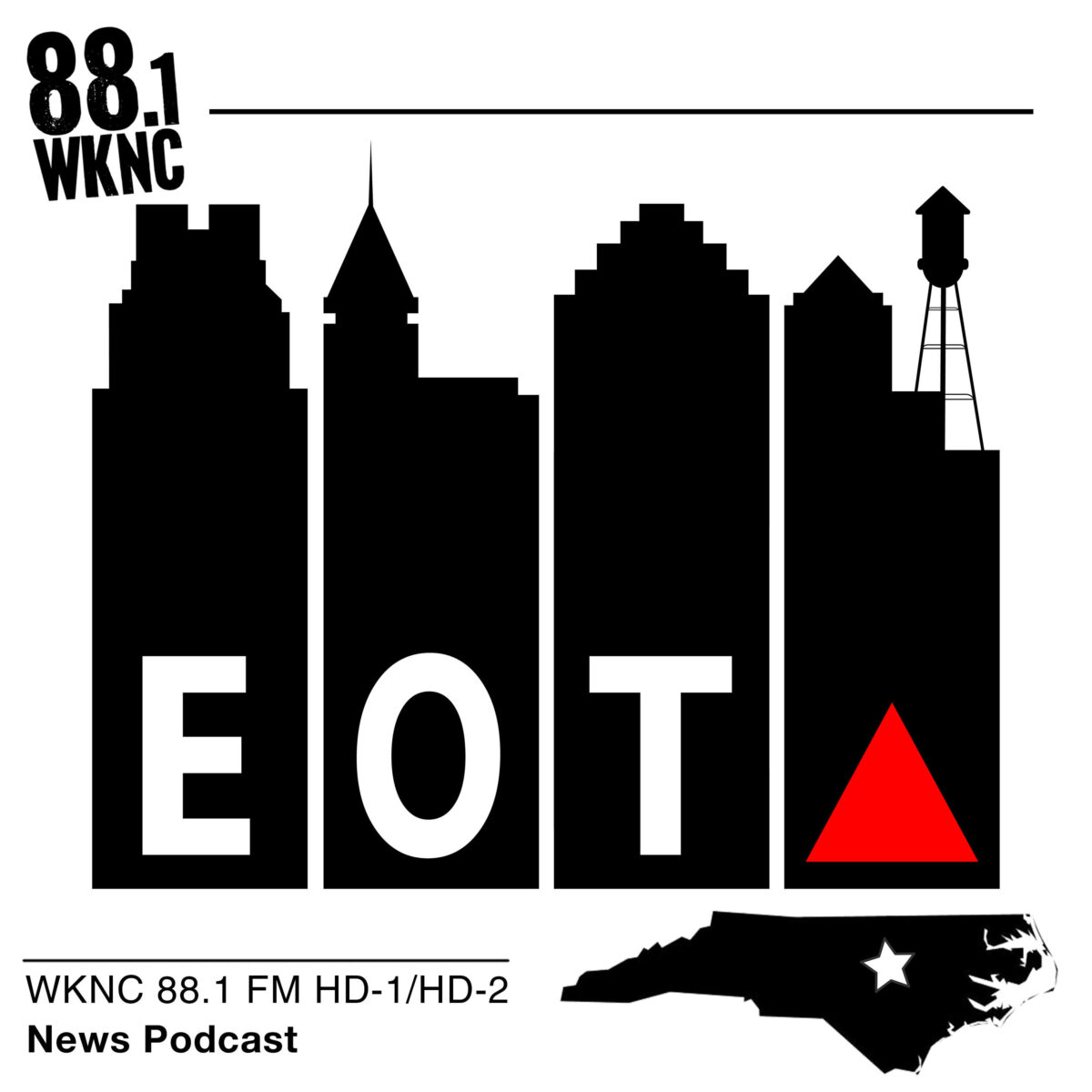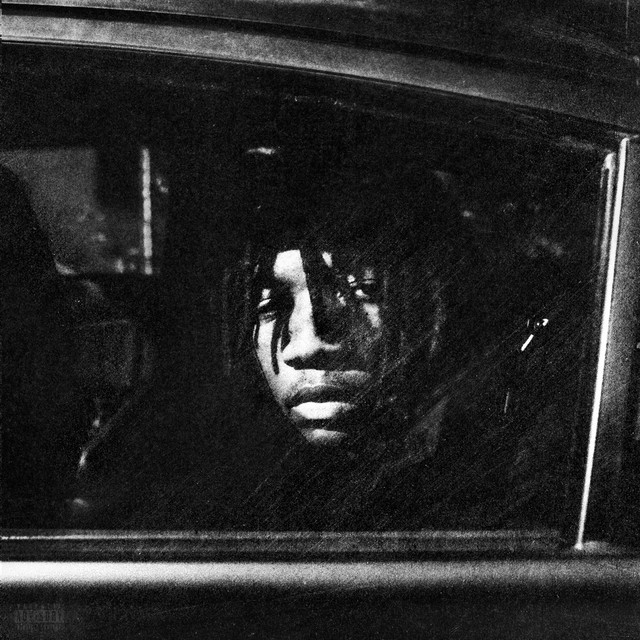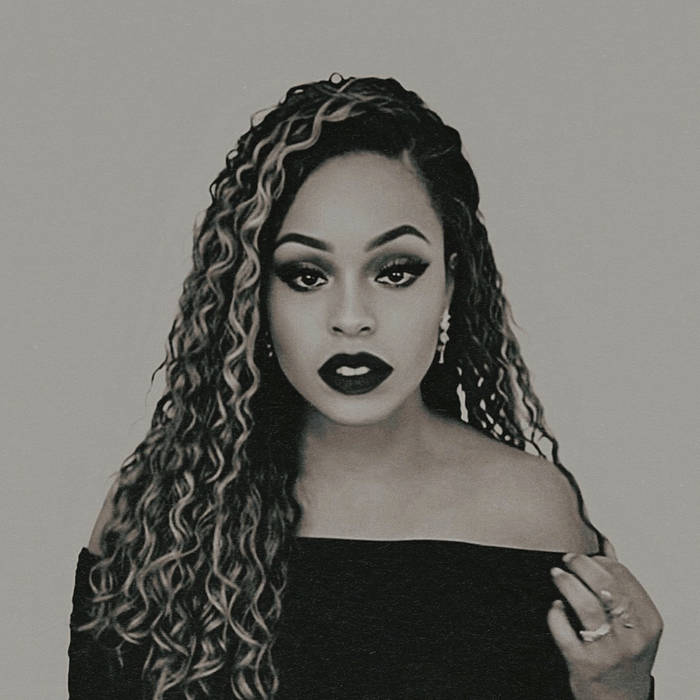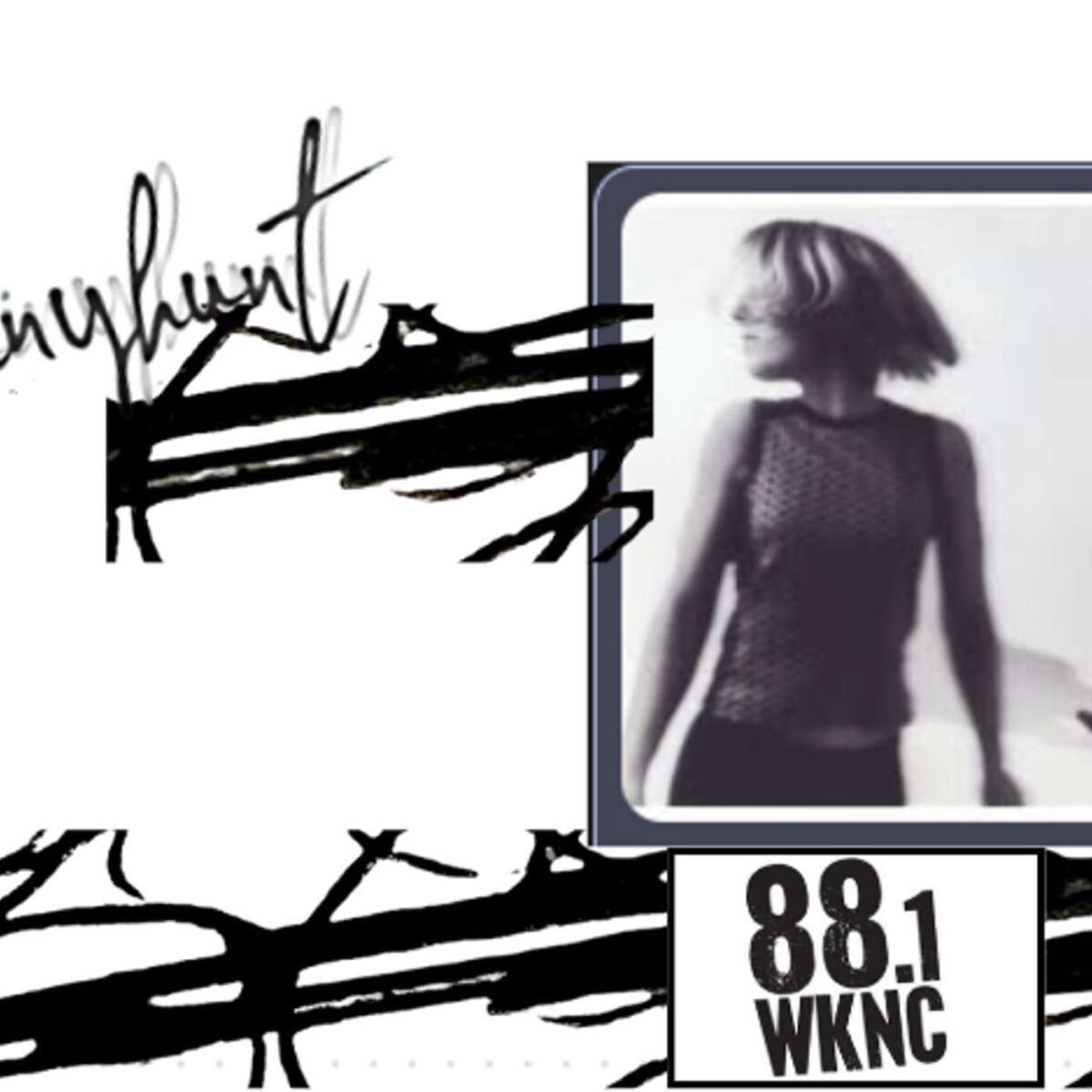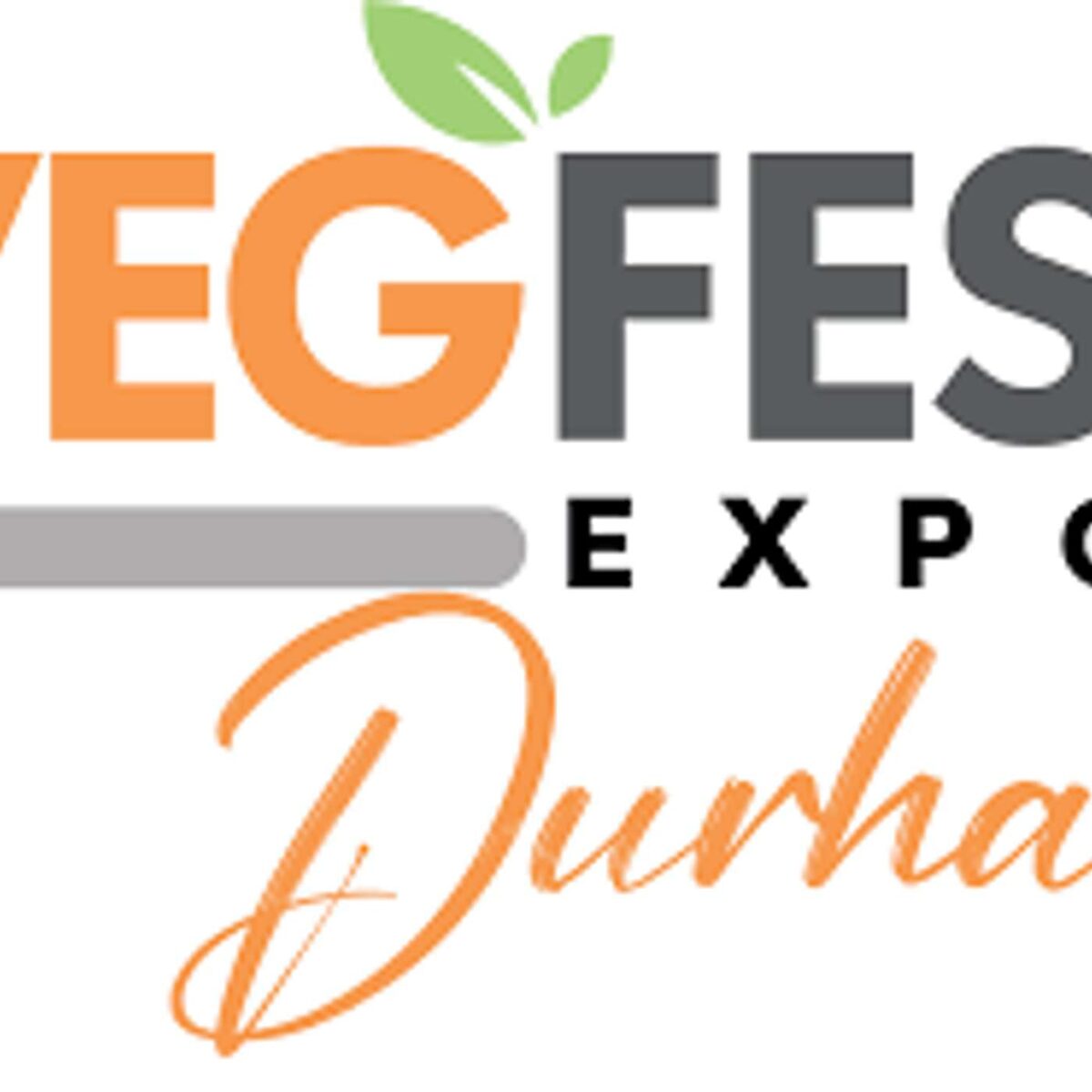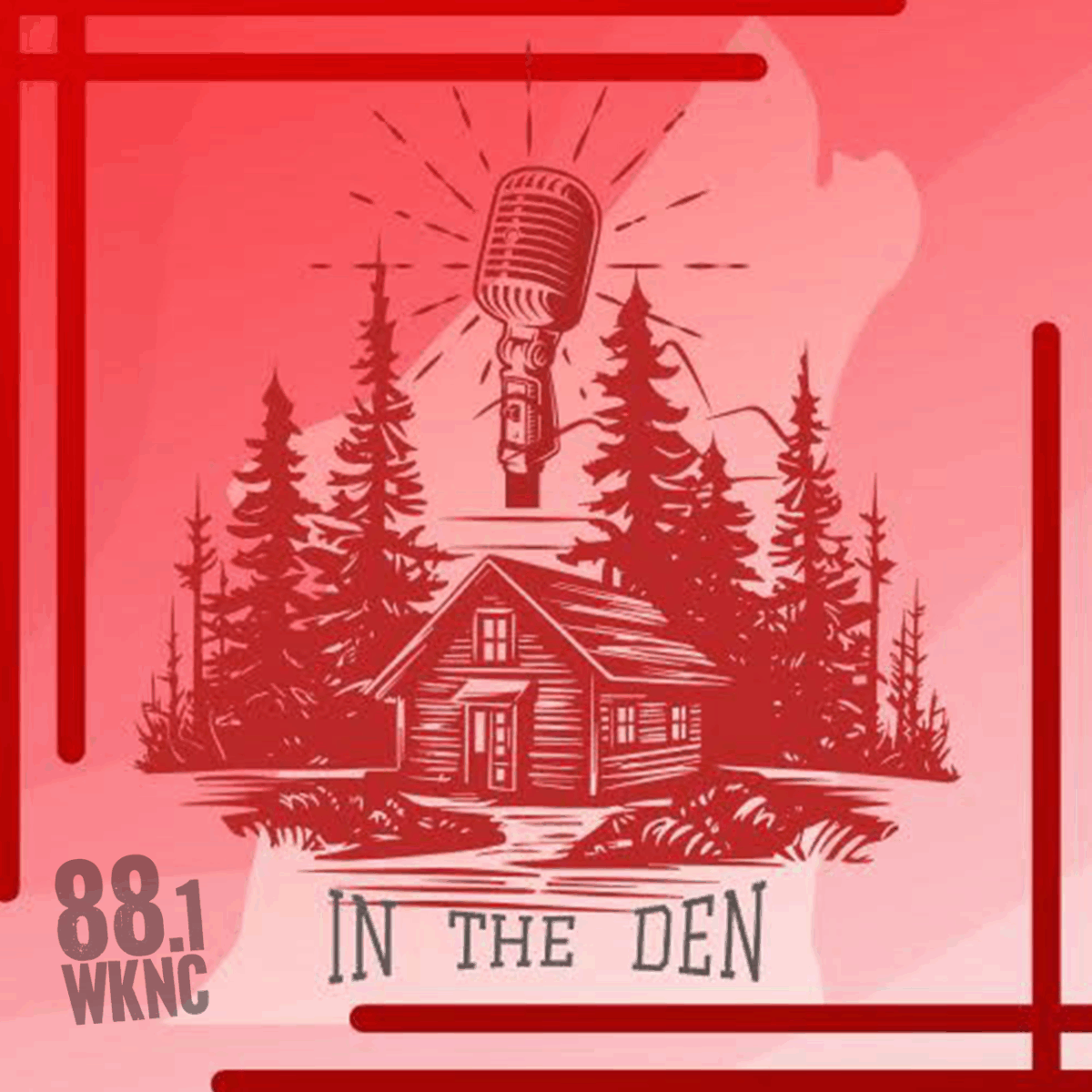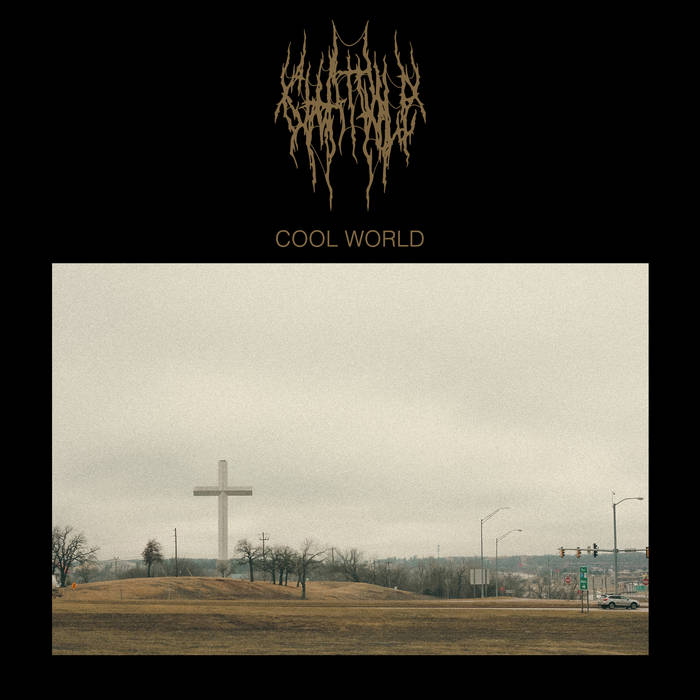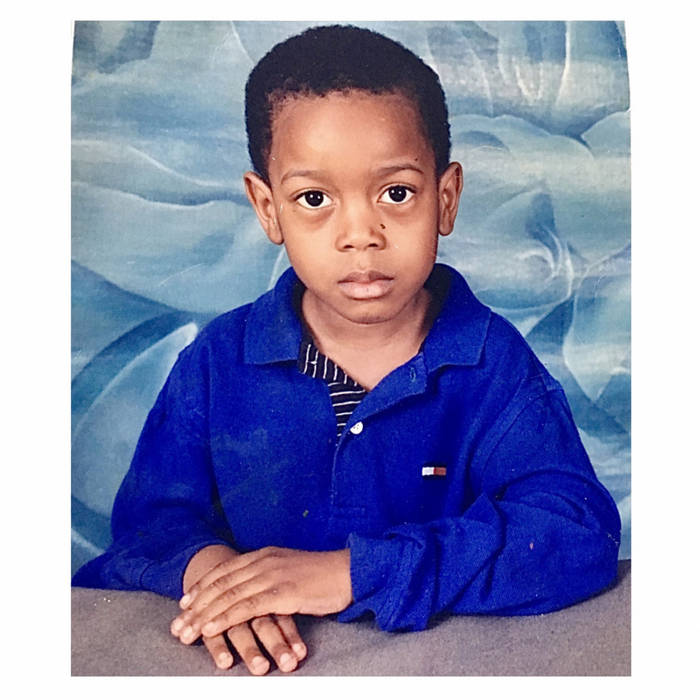In this episode of Oak City Move, Sophs meets with the founder and director of Triangle Vegfest, Helene Greenberg, as they talk veganism, sustainability, and supporting small businesses. Helene explains the mission of Vegfest and also gives us some insight on what the festival itself is like and how they strive on education and plants seeds in the minds of all visitors to practice more environmentally friendly practices. Join us to learn about Vegfest, how to get involved, and how to make some easy and delicious vegan dishes!
★ Support this podcast ★


